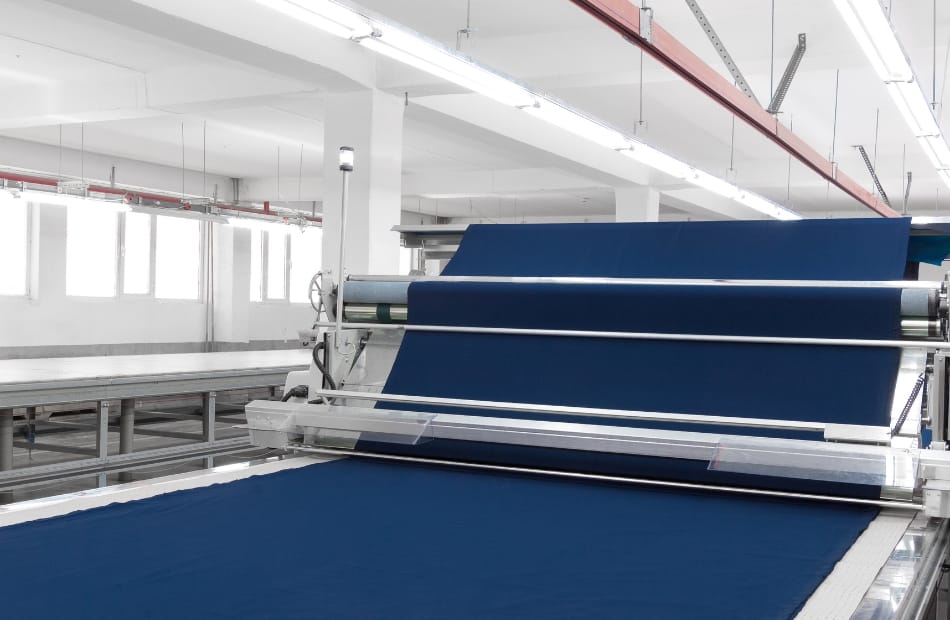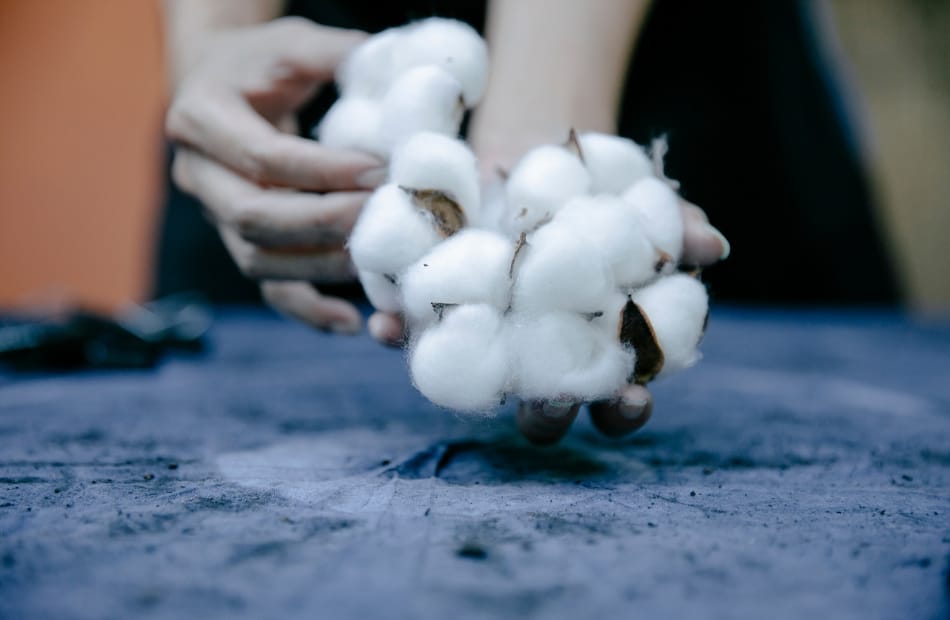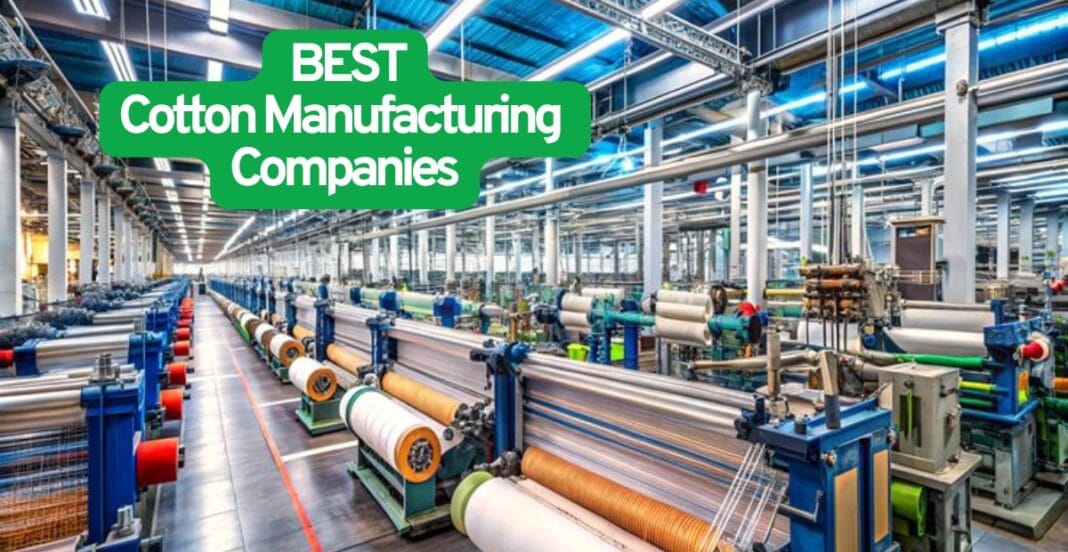Cotton manufacturing companies are a key part of the current global economy. These companies produce high-quality cotton products that impact a variety of industries, including fashion, home goods, and everyday items. With increasing demands for ethical and sustainable production, the top cotton manufacturing companies are stepping up. Their strong emphasis on quality and innovation sets new standards across the globe.
In this comprehensive guide, we look at the top cotton-related companies that influence the global market. We’ll explore their past as well as their achievements and contribution. You’ll get a better understanding of the reasons these companies make a mark in a highly competitive market.
Table of contents
- Understanding the Cotton Manufacturing Industry
- Why Cotton Remains Essential Today
- Top Qualities of Leading Cotton Manufacturing Companies
- Arvind Limited: A Pioneer in Cotton Manufacturing
- Welspun India: Excellence in Home Textiles
- Vardhman Textiles: A Trusted Cotton Giant
- Loyal Textile Mills: Tradition Meets Innovation
- Texhong Textile Group: China’s Cotton Powerhouse
- Cotton Incorporated: Driving Cotton Research
- How Cotton Manufacturing Companies Support Sustainability
- Innovation in Cotton: What’s New?
- Challenges Facing Cotton Manufacturing Companies
- The Role of Technology in Modern Cotton Manufacturing
- Global Demand: Why Cotton Still Reigns Supreme
- Ethical Practices in Cotton Manufacturing
- Future Trends in Cotton Manufacturing
- Conclusion
- FAQs
Understanding the Cotton Manufacturing Industry

The industry of cotton is one of the oldest industries in the world. Moreover, it is the engine of economic growth and provides millions of jobs across the globe. Companies that manufacture cotton convert raw cotton to fabric and other goods. In addition, they invest in the latest machines and eco-friendly methods. This means that they make textiles that comply with the international standards for quality.
Why Cotton Remains Essential Today

The natural fiber of cotton is that is highly coveted by people who buy it. Its softness and durability and breathability make it in great demand. Companies that manufacture cotton are constantly innovating by developing blends and finishing techniques that increase the quality of the fabric. Additionally, the biodegradability of cotton is a greener choice as compared with synthetic fibers.
Top Qualities of Leading Cotton Manufacturing Companies
What is it that makes some cotton companies stand out above other companies? Here are some of the most important characteristics:
- Quality Assurance: These companies ensure each product is in line with the highest standards.
- Sustainability Insight: Eco-friendly practices are today a necessity.
- Innovative: From smart textiles to stain-resistant fabrics, innovating is the key.
- global reach: International networks that are strong enable them to serve customers around the world.
Arvind Limited: A Pioneer in Cotton Manufacturing
Arvind Limited is one of the biggest cotton manufacturing companies in India. Established in 1931, the company has grown into a global brand. Arvind is renowned for its premium jeans and shirting fabrics. Arvind is a company that is focused on sustainable development, and uses recycled the water as well as renewable power for production.
Welspun India: Excellence in Home Textiles
Welspun India ranks among the most renowned cotton manufacturing companies worldwide. It offers towels sheets, sheets and household textiles to major retailers such as Walmart as well as Macy’s. Welspun’s unique Hygro Cotton technology guarantees the highest quality of softness and absorbency. The focus on technology and satisfaction with customers keeps Welspun ahead of the curve.
Vardhman Textiles: A Trusted Cotton Giant
Vardhman Textiles is a major player in the world cotton industry. It has modern facilities with the latest technology. The company’s green production involves water recycling as well as the reduction of carbon emissions. Vardhman’s extensive product line includes everything from yarns to high-end fabrics.
Loyal Textile Mills: Tradition Meets Innovation
The company is based in India. Notably, Loyal Textile Mills has a long history of cotton production. It manufactures a broad range of fabrics, including technical fabrics that are suited for specific uses. Furthermore, the company’s commitment to sustainability and quality has earned it numerous international certifications.
Texhong Textile Group: China’s Cotton Powerhouse
Texhong Textile Group is one of China’s most important cotton production companies. It manufactures yarns and fabric that meet the standards of international quality. The huge capacity for production of Texhong and cutting-edge technology makes it an industry leader in quality and size.
Cotton Incorporated: Driving Cotton Research
Although it is not a producer, Cotton Incorporated plays a crucial role in the industry. The U.S.-based company studies the effectiveness of the cultivation and processing of cotton. Its work helps manufacturers of cotton implement better methods and produce top-quality products.
How Cotton Manufacturing Companies Support Sustainability
Nowadays, sustainability is more crucial than ever before. Leading cotton manufacturers are making bold decisions. They are using organic cotton, decrease the use of water, and reduce the use of chemical dyes. Many even have programs that recycle textiles from the past. These initiatives can help save the earth while also meeting the demands of consumers. read more Top global companies leading cotton production worldwide
Innovation in Cotton: What’s New?
Companies that manufacture cotton aren’t only sticking to traditional methods. A number of companies are looking at new methods. For example:
- Smart Textiles Textiles which monitor the health of their wearers.
- Wrinkle-Free Cotton Great for those with hectic lifestyles.
- Eco Dyeing: Reducing water and chemical usage.
Innovation helps keep these companies in the game and keeps them relevant.
Challenges Facing Cotton Manufacturing Companies
It’s not always easy. Companies that manufacture cotton face many issues, including:
- Climate Change The impact of climate change on cotton production.
- Market Variations: Price instability.
- Regulations: Strict environmental laws.
But, the most successful firms turn obstacles into opportunities to grow.
The Role of Technology in Modern Cotton Manufacturing
Technology plays an important part in the present. Automation and AI as well as IoT are changing the way that process cotton. These advancements enhance efficiency and quality while cutting down on production waste.
Global Demand: Why Cotton Still Reigns Supreme
Despite the stiff competition from synthetic fibers cotton has remained the most popular. Its natural texture, breathability and environmental sustainability make it in high demand. Manufacturers of cotton are continuing to experience huge demand across the globe, especially in home and apparel textiles.
Ethical Practices in Cotton Manufacturing
The consumer is now more aware of the way products are produced. The ethical practices, including fair pay and safe work conditions are important. The top cotton manufacturing companies make sure that their operations are respectful of both the people as well as the environment.
Future Trends in Cotton Manufacturing
The future is promising. Experts are forecasting an increase in organic cotton production as well as smart textiles and environmentally sustainable methods. Companies that manufacture cotton who embrace these new trends will be ahead of the trendsetters.
Conclusion
The companies that produce cotton continue to influence the global market for textiles with innovative thinking sustainable practices, a commitment to sustainability, and to high-quality. Their efforts make sure that cotton is the top choice for consumers all over the world. As they grow and develop, they establish high standards in the industry at large, generating confidence and a sense of trust.
FAQs
The companies that manufacture cotton transform raw cotton into fabrics, yarns and other items that are used all over the world.
It is a major contributor to global economic growth it creates jobs, and makes eco-friendly, flexible textiles.
Arvind Limited, Welspun India, Vardhman Textiles, Loyal Textile Mills as well as Texhong Textile Group lead the industry.


